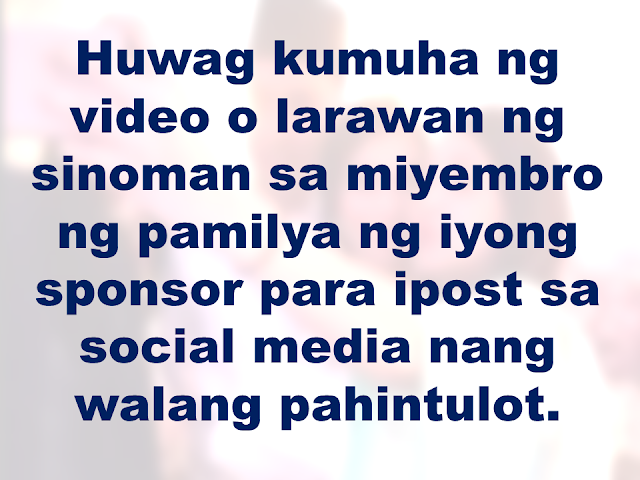MANILA, Philippines — BAD news sa mga Filipino na papuntang Saudi Arabia, epektibo agad ang pansamantalang deployment ban sa mga overseas Filipino Workers o OFWs papunta sa nabanggit na bansa.
Sa memorandum na inilabas ng Philippine Overseas Employment Administration o POEA, sinabi ni Labor Secretary Silvestre Bello III na "effective immediately" ang nasabing suspensiyon.
Dahil dito, 282 na mga OFWs na sasakay sana ng Philippine Airlines o PAL flight PR5654 papuntang Riyadh ang hindi na pinasakay ng Bureau of Immigration.
Ayon kay Bello sa memorandum nitong may petsang Mayo 27, nakatanggap ng report ang Department of Labor and Employment o DOLE na nire-required na ng kanilang mga employers o foreign recruitment agencies ang mga pa-alis na OFWs na bayaran ang kanilang health and safety protocols para sa Covid-19 at insurance coverage premium ng mga ito sa kanilang pagdating sa Saudi Arabia.
Ads
Maliban pa ito sa pahayag ng Department of Foreign Affairs na sasailalim sa swab test at seven-day quarantine sa kanilang pagdating sa Saudi ang mga OFWs na hindi nabakunahan ng Covid-19 vaccines na aprobado ng Saudi Arabia.
Napag-alaman na apat na bakuna pa lamang laban sa Covid-19 ang aprobado ng Saudi Arabian government na kinabibilangan ng Pfizer, AstraZeneca, Moderna, at Johnson & Johnson.
Una nang inihayag ni Bello na maaring pumasok sa Saudi Arabia ang mga OFWs na nabakunahan ng Covid-19 vaccines na mula sa China, ngunit kinakailangan lamang ng mga ito na sumailalim sa quarantine.
Ito ang paglilinaw ni Bello matapos ang social media post na hindi tatanggapin sa Riyadh ang mga travelers na nabakuhanan ng mga bakunang gawa sa China kagaya ng Sinopharm at Sinovac.
Ads
Sponsored Links
Dahil sa hindi inaasahang pangyayari, maraming OFWs papuntang Saudi ang na-stranded sa Ninoy Aquino International Airport o NAIA.
Pinasiguro naman ng labor department na maglalabas ang mga ito ng official statement ukol sa pagbabalik ng deployment sa Saudi Arabia sakaling malinaw na ang lahat na mga isyu.
Pinasiguro naman ng opisyal mula sa Philippine Overseas Employment Administration o POEA na nakikipag-ugnayan na sila sa OWWA upang matulungan ang mga na-stranded na OFWs na karamihan hindi taga-Manila at walang sapat na pera.
©2020 THOUGHTSKOTO

















